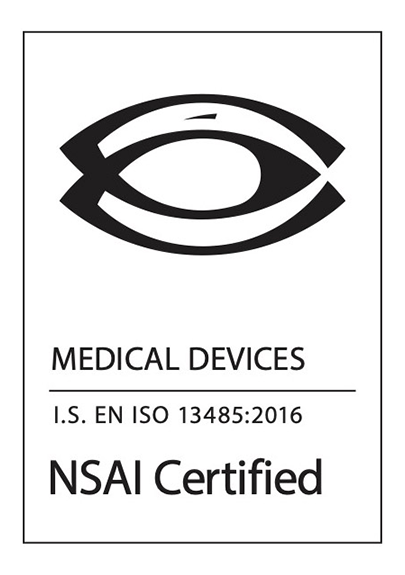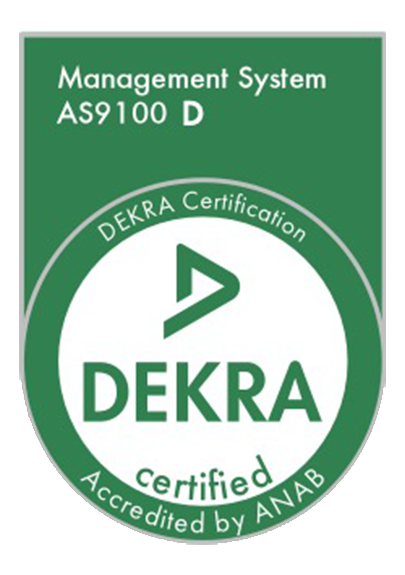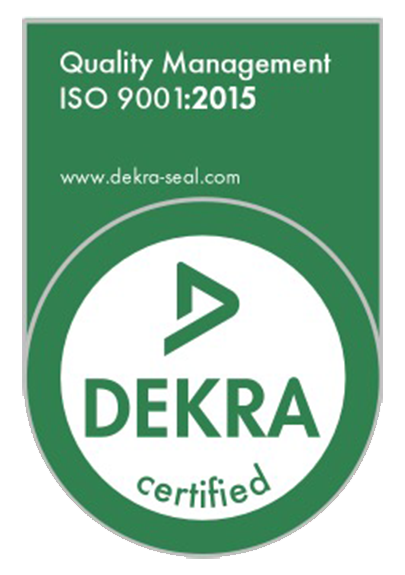Medical device applications
One of the key applications of TiN coatings is in cardiac rhythm management devices such as pacemakers and implantable-cardioverter defibrillators (ICDs). Pacemakers and ICD devices rely on electrical contacts to deliver therapy to the heart and hence requiring these contact surfaces to be highly conductive. TiN coatings are highly conductive. This property allows for ease of transfer of electrical charge from the electrochemically active electrodes to the heart.
TiN coatings provide a number of key benefits in neural interfacing applications too. The conductive properties of TiN coatings make them ideal for neural interfacing applications such as spinal cord stimulation where electrodes are implanted in the spinal cord system to treat chronic pain.
In addition, TiN is biocompatible, an essential requirement for medical devices.
While the benefits of TiN coatings are many, medical device companies need to find a contract manufacturing partner with the right expertise in advanced coatings and surface solutions to be able to effectively unlock the potential of these coatings.

TiN Coatings: Several benefits but complex manufacturing process
TiN coatings are generally synthesized reactively and are deposited on a substrate or electrodes via magnetron sputtering which is a physical vapor deposition (PVD) process.
The process to apply TiN coatings for medical device applications can be challenging as:
Complex Geometries
Medical devices often have complex geometries that make it difficult to apply these coatings evenly and at a consistent thickness. The surface of the electrodes should also be cleaned and prepared prior to coating application to ensure good adhesion and prevent contamination.
High Precision
The coatings for medical device applications need to be applied with high precision and accuracy.
Quality Control
A reliable quality control process is required to quantitatively inspect the applied coatings. The coatings must be uniformly inspected for uniformity, thickness and quality to ensure that they meet the device requirements.
Sterilization
Withstanding sterilization is an essential requirement. The coatings must be able to withstand sterilization without degrading or losing their properties.
Benefit Overview
But the benefits of using Titanium Nitride (TiN) coatings in medical device applications makes it worthwhile to go through these complexities. Let us take the example of high surface area Titanium Nitride (TiN) coatings for cardiac rhythm management applications. Capacitive-charge injection is highly desirable for cardiac rhythm management applications. In capacitive charge-injection, no chemical species are created or consumed during a stimulation pulse. Because the double-layer charge per unit area at an electrode-electrolyte interface is small, high charge-injection capacity is only possible with capacitor electrodes that are porous or employ high dielectric constant coatings such as TiN coatings. Titanium nitride (TiN) is a chemically stable metallic conductor with good biocompatibility and exhibits the ideal attributes for capacitive charge-injection.
So how can medical device companies effectively leverage the benefits that TiN coatings provide? Selecting the right contract manufacturing partner with depth of coating expertise is one solution.

Selecting the right contract manufacturing partner is key
Selecting the right contract manufacturing partner is of utmost importance to ensuring high quality and reliability of your final product. Here are some aspects that you should look at while selecting your contract manufacturing partner:
Depth of expertise in coatings
A key aspect that one should look at is the depth of expertise that the vendor has to produce high-quality coatings. Key evaluation points include:
- What sort of medical device applications have they done such coatings for?
- Do they have the latest equipment and technologies to meet your customized coating needs?
- Do they have the capacity to meet your demand requirements as your product scales?

The Pulse Technologies team has depth of expertise in advanced coating technology and surface solutions. We offer tunable Titanium Nitride (TiN) coatings which are critical for cardiac rhythm management devices. The performance of cardiac management devices depends greatly on the energy required to pace a heart muscle. This is where a coating “tuned” to the desired electrical performance characteristics can prove beneficial.
Pulse’s patented PACTTM TiN coating provides performance tunability to meet a wide range of requirements in cardiac rhythm management (CRM) applications.
We work with several medical device manufacturers to provide them TiN coating solutions for their product launch requirements.
Ability to customize the coating to meet your specific needs
When choosing a contract manufacturer, one needs to look for a partner that can customize the coating to your specific needs. Specific requirements could include adjusting the thickness of the coating or modifying the composition of the coating to provide specific properties.
Pulse Technologies has worked with multiple medical device manufacturers to customize coatings to their specific needs. Our TiN coatings can be designed and tuned by varying coating thickness, microstructure, grain size and nitrogen content to achieve a wide range of electrochemical performance. The coatings can be tuned by adjusting our PVD processing parameters to achieve a wide range of performance characteristics.
Our TiN coatings offer exceptional capacitance and charge injection capacity while substantially reducing impedance.
Robust Quality System in place
An in-depth understanding of the quality system requirements for medical devices is key for any contract manufacturing partner that you choose.
- Do they understand the quality standards and regulatory compliance requirements?
- What sort of continuous improvement tools (example CAPA) do they use to mistake proof their operations?
- What training systems and procedures do they have in place to ensure that their personnel are trained effectively?
Pulse Technologies is compliant with FDA’s 21 CFR 820 requirements as well as ISO 13485 requirements. We have a robust quality system with a quality first culture in the company. We use tools like Statistical Process Control (SPC), CAPA to continuously improve and mistake proof our processes.

At Pulse Technologies, we offer:
- 25+ years of medical device manufacturing experience.
- Industry-leading in-house metrology and testing capabilities
- 70,000 sq.ft facility.
- 100+ CNC machine tools.
- Data conveniently formatted for DHFs/DHRs, and much more.
Want to learn more? Get in touch: sales@pulsetechnologies.com.
 Careers
Careers Contact
Contact








